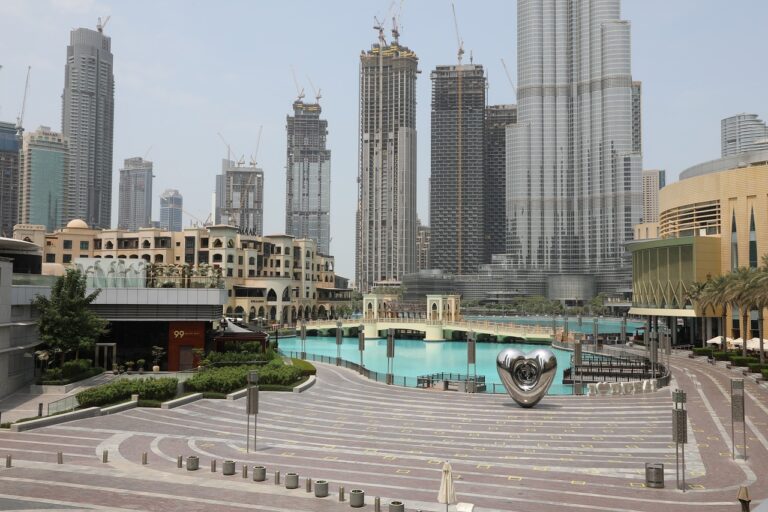The Role of Building Materials in Developing Eco-Friendly Memorial Gardens: Business Considerations: Betbook250 com login, Reddyanna247, Play lotus365.com login
betbook250 com login, reddyanna247, play lotus365.com login: Building materials play a crucial role in developing eco-friendly memorial gardens. Businesses need to consider the environmental impact of the materials they choose when creating these peaceful and respectful spaces. By opting for sustainable and eco-friendly building materials, companies can contribute to the conservation of natural resources and reduce their carbon footprint.
Choosing the right building materials for a memorial garden involves careful consideration of several factors, including durability, aesthetics, maintenance requirements, and environmental impact. Here are some key considerations for businesses when selecting building materials for eco-friendly memorial gardens:
1. Sustainable Wood: Using sustainably sourced wood for benches, pergolas, and other structures in memorial gardens can help reduce deforestation and promote responsible forestry practices. Look for certifications such as FSC (Forest Stewardship Council) to ensure the wood comes from responsibly managed forests.
2. Recycled Materials: Incorporating recycled materials such as reclaimed wood, recycled glass, or recycled plastic into the design of memorial gardens can help reduce the demand for new resources and minimize waste. For example, crushed recycled glass can be used as a decorative element in pathways or landscaping features.
3. Permeable Paving: Opting for permeable paving materials, such as permeable concrete or permeable pavers, can help reduce stormwater runoff and prevent flooding in memorial gardens. These materials allow water to infiltrate the ground, promoting natural water filtration and supporting plant growth.
4. Green Roofs: Installing green roofs on structures in memorial gardens can provide insulation, reduce energy consumption, and improve air quality. Green roofs also absorb rainwater, reduce heat island effect, and create habitat for wildlife, contributing to the overall sustainability of the garden.
5. Native Plants: Using native plants in landscaping design can help support local biodiversity, conserve water, and reduce maintenance needs. Native plants are well adapted to the local climate and soil conditions, making them a sustainable choice for memorial gardens.
6. Solar Panels: Incorporating solar panels into the design of memorial garden structures can help offset energy consumption and reduce greenhouse gas emissions. Solar panels can provide clean and renewable energy to power lighting, irrigation systems, or other electrical components in the garden.
Overall, businesses can play a significant role in developing eco-friendly memorial gardens by carefully considering the environmental impact of the building materials they choose. By opting for sustainable and eco-friendly options, companies can create beautiful and respectful spaces that honor the memory of loved ones while also contributing to a more sustainable future.
—
**FAQs:**
1. How can businesses ensure the eco-friendliness of building materials for memorial gardens?
– Businesses can ensure the eco-friendliness of building materials by choosing sustainable, recycled, and locally sourced materials, as well as seeking certifications such as FSC for wood products.
2. What are the benefits of using eco-friendly building materials in memorial gardens?
– Using eco-friendly building materials can help businesses reduce their environmental impact, promote sustainable practices, and create a more harmonious and respectful space for remembrance.
3. Are there any cost considerations associated with using eco-friendly building materials?
– While some eco-friendly materials may have a higher upfront cost, businesses can benefit from long-term savings in terms of reduced maintenance, energy consumption, and environmental impact. Additionally, customers may be willing to support businesses that prioritize sustainability.







